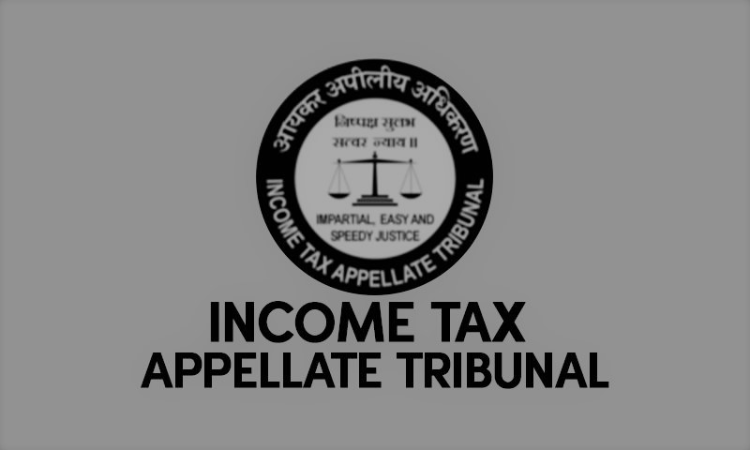ITAT Holds Revisionary Order Passed Without Mentioning DIN As Invalid
Parina Katyal
27 July 2022 12:30 PM IST

Next Story
27 July 2022 12:30 PM IST
The Kolkata Bench of the ITAT has quashed the revisionary order passed by the Income Tax Authority without quoting the Document Identification No. (DIN) in the said order, as required by the CBDT Circular No.19/2019, dated 14.08.2019. The Bench, consisting of Mr. Sanjay Garg (Judicial Member) and Mr. Girish Agrawal (Accountant Member), held that since the order passed by the...
